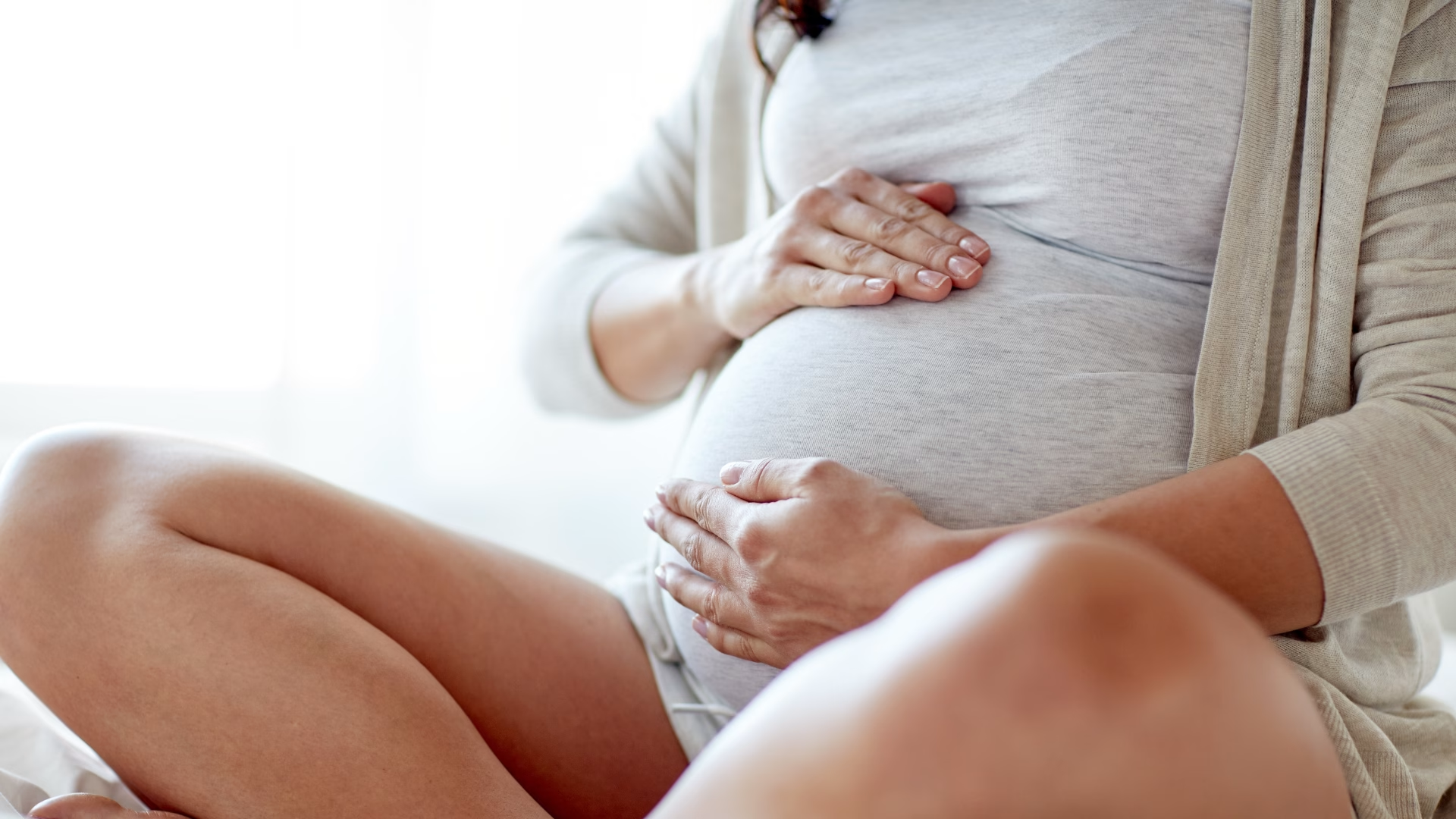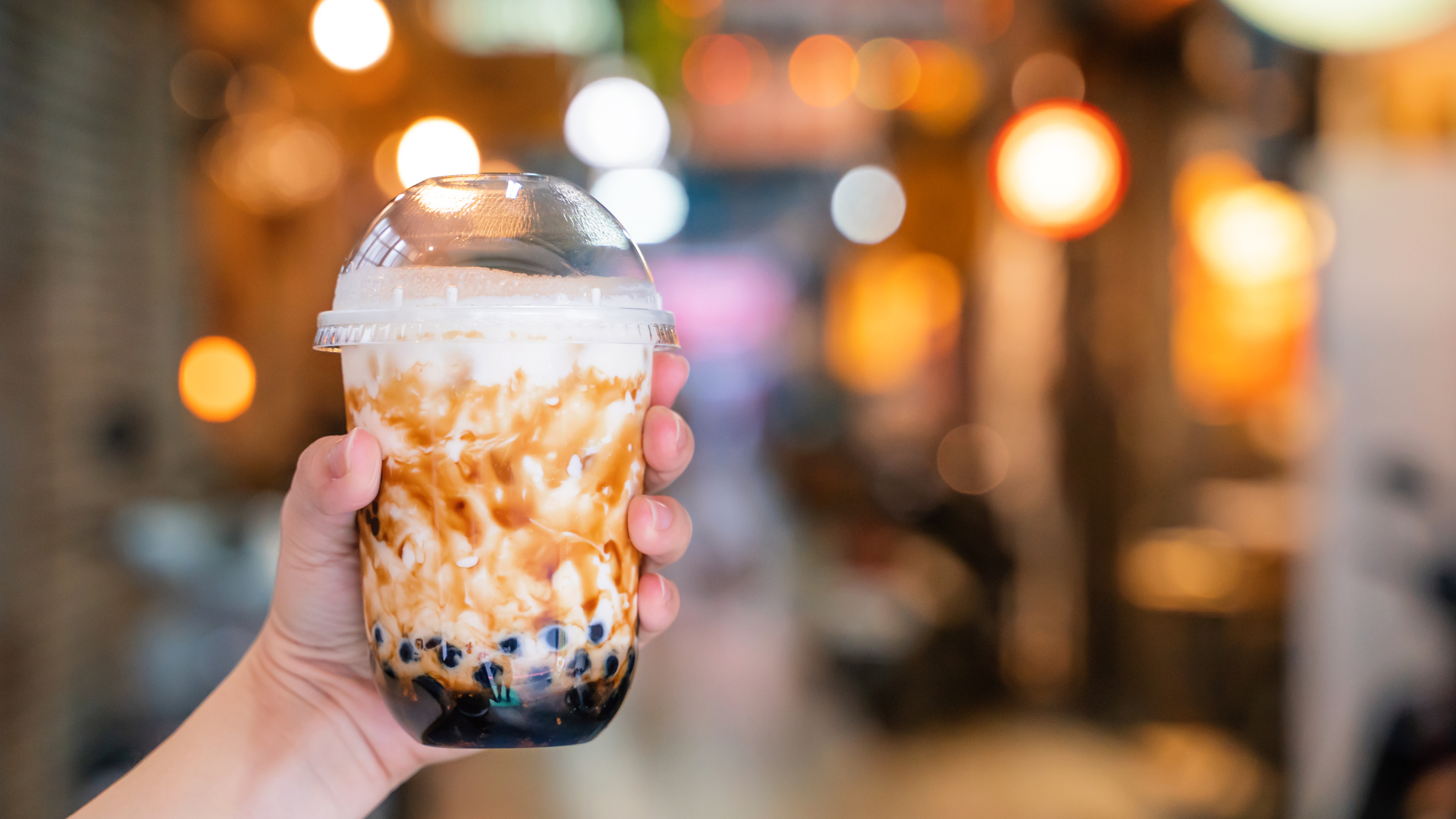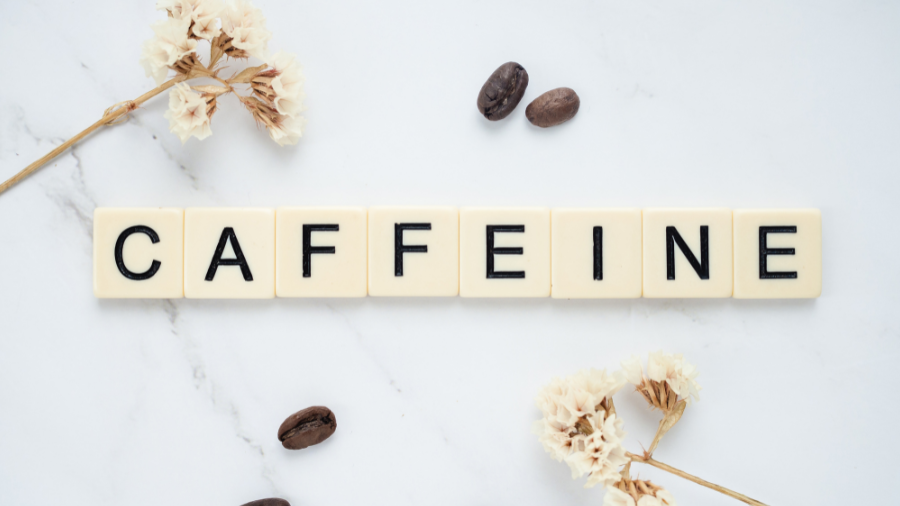Can You Drink Bubble Tea While Pregnant?

Pregnancy is a time of joy, anticipation, and often, a heightened awareness of what you consume. If you’re a fan of bubble tea, you might wonder whether its safe to continue drinking your favourite drink. This blog will explore the key components of bubble tea, discuss the implications of caffeine and sugars for expecting mothers, and evaluate the digestibility of tapioca pearls during pregnancy. We will also offer some pregnancy-friendly alternatives so you can continue enjoying your favourite drink with peace of mind.
The Components of Bubble Tea

Bubble tea, originally from Taiwan, has gained worldwide popularity due to its unique combination of tea and delicious toppings, like chewy tapioca pearls and popping boba. The drink is highly customisable. The types of tea, flavours, levels of sweetness and the topping choices are all easily personalised.
The base of most bubble teas is either black, green, or oolong tea. Each type of tea has its own flavour profile and caffeine content. It is important to note that all three of these tea variations do have caffeine.
Traditional bubble tea uses dairy milk creamer, but these days many shops offer alternatives like almond, soy, oat, or coconut milk. This makes bubble tea more accessible for those who are lactose intolerant or prefer plant-based options.
In terms of sweeteners, raw cane sugar is the most common, though fructose, honey and other alternatives are often available. The sweetness level can almost always be adjusted according to personal preference.
Lastly, when it comes to toppings, the most common and traditional choice is tapioca. These chewy pearls are made from tapioca starch, derived from the cassava root. Tapioca is usually soaked in brown sugar syrup prior to serving. They add a fun, textural element to the drink, whilst also adding to its sweetness. Therefore, a larger serving of tapioca can contribute additional calories and carbohydrates.
Caffeine in Bubble Tea: What Expecting Mothers Should Know

Caffeine can be a concern for many pregnant women. While it’s generally safe to consume caffeine in moderation, excessive intake can lead to complications. The American College of Obstetricians and Gynecologists (ACOG) advises pregnant women to limit their caffeine intake to 200 milligrams per day.
A typical serving of bubble tea made with black or green tea can contain between 30 to 70mg of caffeine. This is dependent on the strength/type of tea and the portion size. Fruit or herbal tea blends generally have little to no caffeine and can be a safer choice for expectant mothers. These, however, are less common to find in bubble tea stores. Therefore, if you’re craving bubble tea but want to keep your caffeine intake low, ask for a smaller portion or more diluted tea to reduce the caffeine content. Alternatively, some teas, such as flavoured milk teas, use a hot water base, with flavour powder and creamer then being added. This means that, despite the name, they do not have actual tea in them. These can be a better option to those concerned about caffeine.
Sugar in Bubble Tea

Bubble tea can be surprisingly high in sugar, especially if you opt for full sweetness. A regular serving can contain up to 30 grams of sugar or more. This is likely too much for pregnant women. For standard bubble tea drinks, sweeteners are almost always added. These usually come with toppings, which can be sugary too. For example, tapioca pearls are soaked in brown sugar before serving. Luckily, the sweetness can easily be adjusted to suit your tastes or needs. Of course, excessive sugar intake during pregnancy is not ideal. As such, be sure to order lower sweetness levels, and be conscious of which toppings you choose, as some may be higher in sugar than others.
Alternative Ingredients for a Pregnancy-Friendly Bubble Tea
So, based on what we have discussed, here are the best modifications and alternatives to consider for those looking to make their bubble tea even more suitable during pregnancy.
- Non-caffeinated teas: Swap out black or green tea for herbal teas like chamomile, peppermint, or rooibos, which are naturally caffeine-free and offer a soothing, flavorful base.
- Alternative milk options: If you are avoiding dairy, opt for almond, oat, or coconut milk, which are lighter and often easier to digest.
- Sweeteners and toppings: Reduce your sugar intake by choosing natural sweeteners like honey, agave, or even opting for low or no added sugar. Additionally, opt for smaller portions of toppings, or smarter options like real fruit.
In conclusion, it is possible to enjoy bubble tea during pregnancy, but some simple alterations can make it more suitable. By opting for low-caffeine or caffeine-free teas, reducing sugar intake, and moderating your consumption of sugary toppings, you can continue to enjoy bubble tea without compromising your health or that of your baby. With a few simple adjustments, bubble tea can remain a delightful treat throughout your pregnancy.
